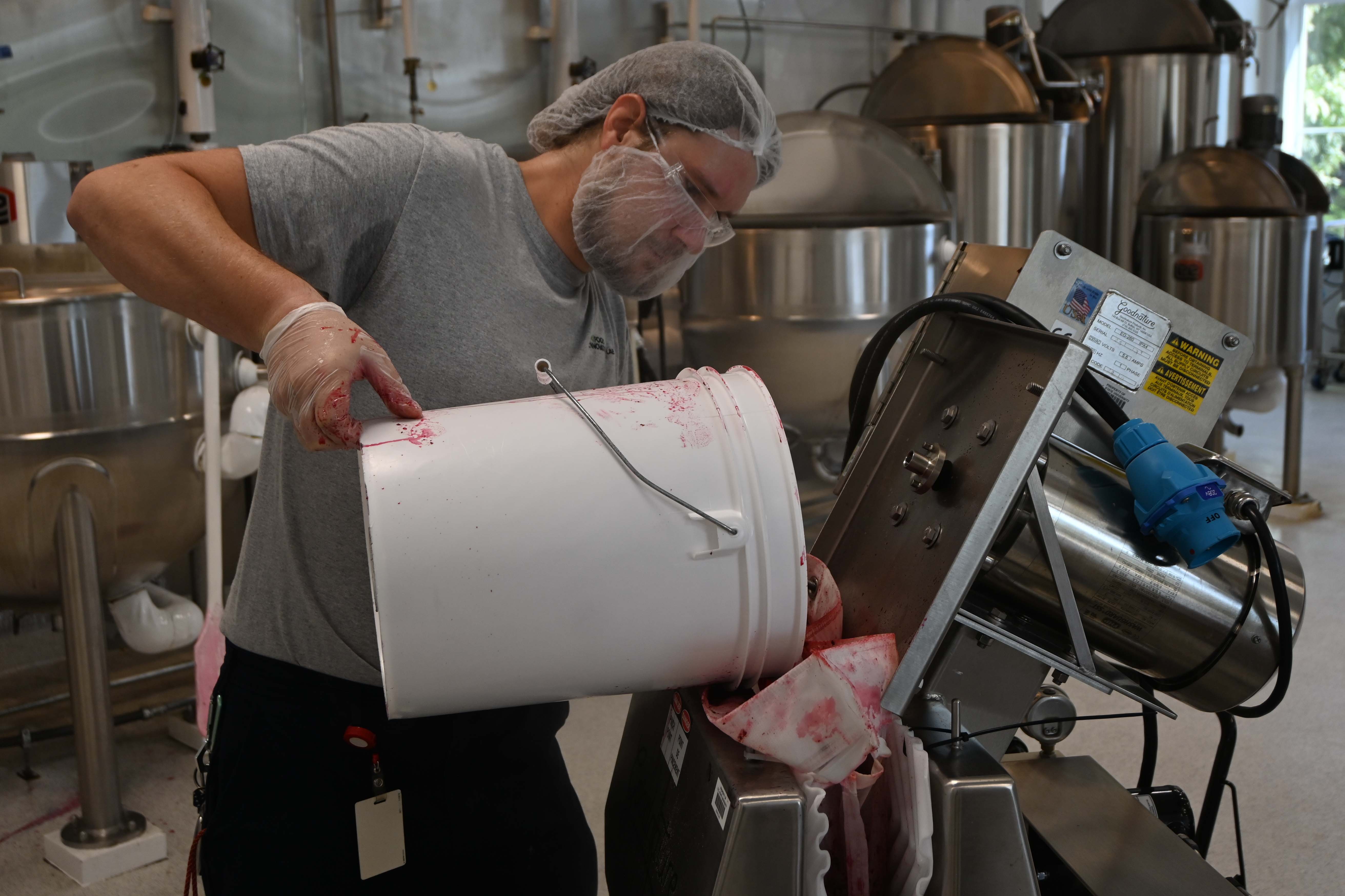Duke, Google to study what makes a healthy human in Kannapolis
Published 1:37 pm Tuesday, January 27, 2015
KANNAPOLIS — The North Carolina Research Campus will apparently be the site of yet another potentially massive study of human health and disease — this one funded by a company known more for search engines than medical research.
Duke University already runs the MURDOCK Study, which aims to enroll 50,000 people in an effort to study diseases and improve the way they are diagnosed, treated and potentially prevented and cured. Now it’s partnering with tech giant Google to study what makes people healthy, and that will also partly take place in Kannapolis.
Google’s Baseline Study was first reported in July 2014 by the Wall Street Journal, which called it the company’s “most ambitious and difficult science project ever.”
Administered by Google-X — the company’s research arm — the project will collect, the newspaper reported, anonymous genetic and molecular information from volunteers “to create what the company hopes will be the fullest picture of what a healthy human being should be.”
A pilot study in the summer of 2014 included 175 people who donated blood and saliva for testing. Google hopes to expand the study to include thousands of participants.
Dr. Andrew Conrad, who was the original chief science officer for the North Carolina Research Campus and co-founder of LabCorp’s National Genetics Institute, is running the study for Google.
The tech company has also partnered with the medical school at Stanford University, which said on its website the Baseline Study “will monitor the progression from health to disease and will be the largest study of its kind to look at many different biomarkers over time in a large number of subjects. It should eventually markedly impact the earlier detection of disease as well as our understanding of human health.”
The Wall Street Journal article said the project would not be restricted to specific diseases, but would collect “hundreds of different samples using a wide variety of new diagnostic tools.” Then, the article said, Google will use its “massive computing power” to find patterns — those biomarkers — “buried in the information.”
Neither Duke University nor Google have formally announced the partnership in Kannapolis. Officials with the North Carolina Research Campus, which houses the MURDOCK Study, said in a news release that Duke would be expanding its presence at the 350-acre life sciences campus and partnering with Google there.
“Having innovative organizations like Duke University and Google at the NCRC is exactly what Mr. Murdock envisioned,” Lynne Scott Safrit, president of research developer Castle & Cooke NC, said in a news release.
California billionaire and Dole Food Co. owner David H. Murdock started the research campus in 2006 on the site of the former Cannon Mills in Kannapolis. The MURDOCK (Measurement to Understand the Reclassification of Disease of Kannapolis/Cabarrus) Study is named for him.
According to the news release, Duke will take over 5,000 square feet of flexible office space with four exam rooms in the Medical Office Building on the campus in July. The space will allow for collaboration between Duke and partners including Google, the news release said.
Dr. Robert Califf, director of the Duke Translational Medicine Institute and chief investigator for the MURDOCK Study, told the journal Science last year the study hopes to recruit 10,000 volunteers from Palo Alto, California, and Durham and Kannapolis in North Carolina.
Late this afternoon, the MURDOCK Study released this statement:
Duke University’s MURDOCK Study team has built an extensive infrastructure for population health research and recruited more than 11,100 people to join the $35 million study operated by the Duke Translational Medicine Institute, or DTMI, at the North Carolina Research Campus. Duke now has 36 full-time employees working on the MURDOCK Study, and the university’s expansion at the North Carolina Research Campus will better accommodate the growing staff and research portfolio, as well as prepare for a planned partnership with Google Life Sciences.
“We are excited to expand our presence in Kannapolis and move our clinical operations into the Medical Office Building, which will give us some much-needed breathing room,” said Dr. Ashley Dunham, director of operations for population health initiatives at the Duke Translational Medical Institute. “Our data team, business development folks and most of our administrative staff will remain at 147 West Avenue in downtown Kannapolis, our home since 2008.”



